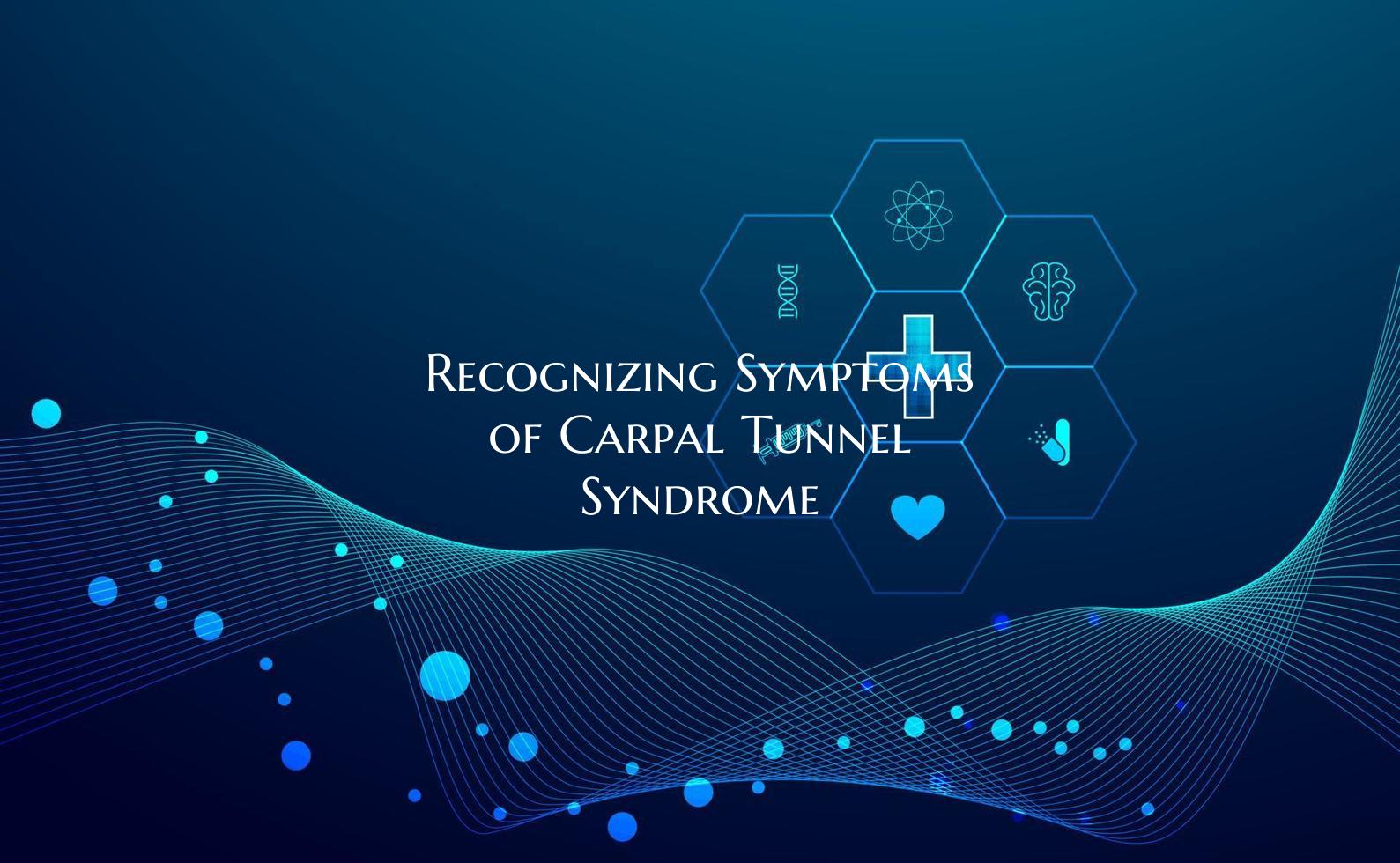
Recognizing Symptoms of Carpal Tunnel Syndrome
Carpal Tunnel Syndrome is a common condition that affects the hand and wrist, causing pain, numbness, and tingling sensations. Recognizing the symptoms of Carpal Tunnel Syndrome is crucial for early diagnosis and effective treatment. Here are some key symptoms to watch out for:
1. Hand Numbness: One of the most common symptoms of Carpal Tunnel Syndrome is numbness or tingling in the hand, especially in the thumb, index, and middle fingers. This numbness can be intermittent or constant and may worsen at night.
2. Pain or Discomfort: Individuals with Carpal Tunnel Syndrome may experience pain or aching in the hand or wrist. The pain can radiate from the wrist up the arm or down into the fingers.
3. Weakness: Weakness in the hand or a tendency to drop objects can also be a symptom of Carpal Tunnel Syndrome. This weakness is often accompanied by a feeling of clumsiness in the affected hand.
4. Burning Sensation: Some individuals may experience a burning sensation in the hand or fingers, which can be a sign of nerve irritation caused by pressure on the median nerve in the carpal tunnel.
5. Wrist Stiffness: Stiffness or reduced range of motion in the wrist is another symptom of Carpal Tunnel Syndrome. Individuals may find it difficult to perform certain hand movements or tasks that require wrist flexibility.
6. Symptoms that worsen with use: Symptoms of Carpal Tunnel Syndrome often worsen during activities that involve repetitive hand movements, such as typing, writing, or using tools. Resting the hand may alleviate symptoms temporarily.
If you are experiencing any of these symptoms, it is important to consult a healthcare provider for a proper diagnosis and treatment plan. Early recognition and intervention can help prevent further nerve damage and improve the prognosis of Carpal Tunnel Syndrome. In some cases, conservative measures such as wrist splinting, medications, or physical therapy may be sufficient to manage symptoms. Severe cases may require surgical intervention to release the pressure on the median nerve in the carpal tunnel.
Remember, early detection is key to managing Carpal Tunnel Syndrome effectively. Pay attention to these symptoms and seek medical advice if you suspect you may be suffering from this condition.